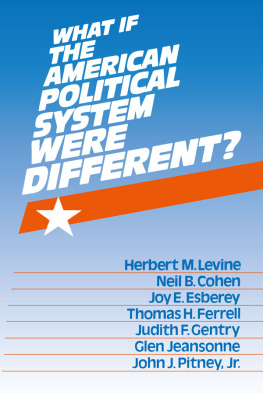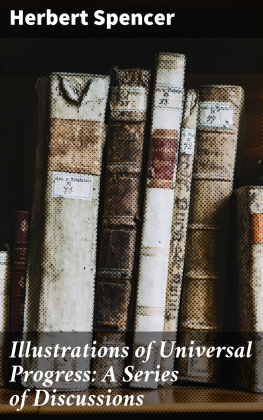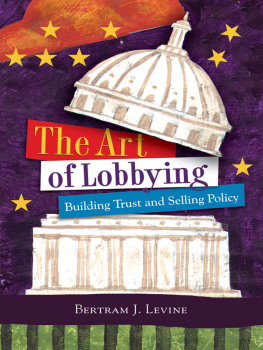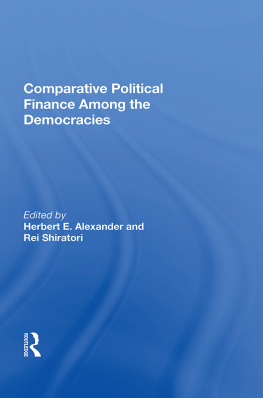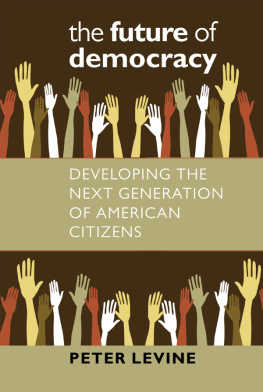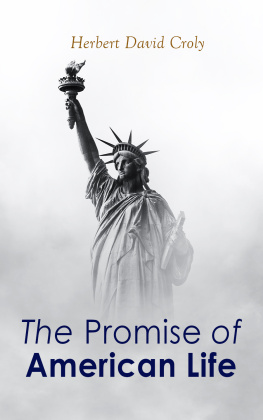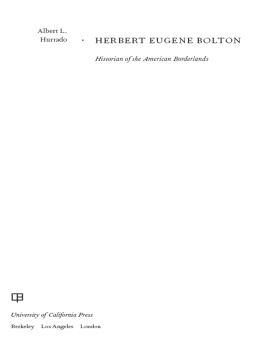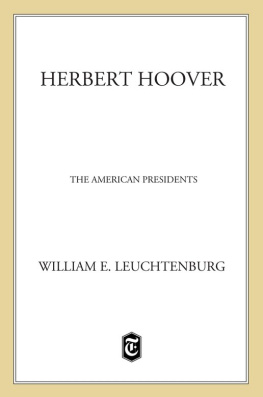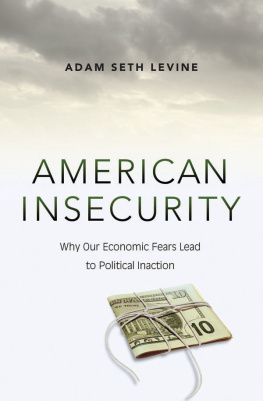For Michael Weber
First published 1992 by M.E. Sharpe
Published 2015 by Routledge
2 Park Square, Milton Park, Abingdon, Oxon OX 14 4RN
711 Third Avenue, New York, NY 10017, USA
Routledge is an imprint of the Taylor & Francis Group, an informa business
Copyright 1992 Taylor & Francis. All rights reserved.
No part of this book may be reprinted or reproduced or utilised in any form or by any electronic, mechanical, or other means, now known or hereafter invented, including photocopying and recording, or in any information storage or retrieval system, without permission in writing from the publishers.
Notices
No responsibility is assumed by the publisher for any injury and/or damage to persons or property as a matter of products liability, negligence or otherwise, or from any use of operation of any methods, products, instructions or ideas contained in the material herein.
Practitioners and researchers must always rely on their own experience and knowledge in evaluating and using any information, methods, compounds, or experiments described herein. In using such information or methods they should be mindful of their own safety and the safety of others, including parties for whom they have a professional responsibility.
Product or corporate names may be trademarks or registered trademarks, and are used only for identification and explanation without intent to infringe.
Library of Congress Cataloging-in-Publication Data
What if the American political system were different? / edited by Herbert M. Levine.
p. cm.
Includes bibliographical references and index.
ISBN 1-56324-009-2 (cloth)
ISBN 1-56324-010-6 (paper)
1. United StatesPolitics and government.
I. Levine, Herbert M.
JK21.W43 1992
320.973dc20
91-26730
CIP
ISBN 13: 9781563240102 (pbk)
ISBN 13: 9781563240096 (hbk)
The bicentennial celebrations of the Constitution in 1987 inspired many Americans as well as foreign observers to assess the American political system anew. The United States Constitution is the oldest working written constitution in the world. Its political institutions and processeswhether provided for directly in the Constitution, such as separation of powers, checks and balances, and federalism, or accepted later as part of that document, such as judicial reviewhave become a model for many other constitutions.
Some bicentennial commentators hailed the achievements of the framers of the U.S. Constitution in establishing an enduring political order based on principles of self-government, limited government, and the rule of law. Others praised the framers for their judgment about human nature and individual liberty.
But other commentators expressed dissatisfaction both with the original document and with subsequent historical developments that have shaped the political life of the nation. Civil rights proponents pointed to the moral blemish of slavery and the lack of equal opportunity for African-Americans. Feminists deplored the absence of women among the framers and the lack of concern for womens rights. Conservatives condemned the imperial judiciary, which, they claimed, had usurped the powers of Congress.
Still other analysts wondered whether structural changes should be made in the American political system. Some called for the United States to adopt certain features of a parliamentary system to allow for greater accountability and more effective government, and others recommended a strengthening of the federal system to restore the powers of the states. Still others thought that it was time to rewrite the entire Constitution to make it more suitable for Americas needs in its third century.
The bicentennial of the Constitution also generated discussion about the character of contemporary public policy. The role of government in managing the economy and providing for social services was debated anew. Liberals called for more governmental control, while conservatives argued for less. Foreign policy seemed to be at a particularly critical juncture. The cold war between the United States and the Soviet Union was reassessed, with some arguing that the arms race should be tempered now that the cold war had ended. Others said that the Soviet Union could not be trusted and that the United States should not cut back on defense spending.
As I read the articles and books of writers, social scientists, and political figures and listened to speakers reflecting on the great issues of the American political system, I wondered what the United States would be like today if its course of historical development and political system were different. What if the nation had started out with radically different institutions and political structures? What if it had never enacted the major welfare legislation of the New Deal? What if it had never had to contend with the cold war?
Consideration of different political outcomes was not a new experience for me. As a teacher of American government for twenty years and as an author or editor of several books used in college American government courses, I have been keenly aware of speculation about political change. I recognize that nearly every argument about the structure, processes, and policies of American government includes speculation about the future. Take such and such a position, advocates contend, and these benefits will follow. Take the same position, critics argue, and the results will be catastrophic. Whether the issue involves a constitutional power (such as the authority of the judiciary to invalidate legislation), a political process (such as how parties choose their candidates), or a public policy (such as whether a particular welfare program should be expanded), each side claims that its vision will contribute to a better society.
Stimulated by the discussions accompanying the Constitutions bicentennial, I considered preparing a book that would speculate on how the American political system would be different if it had taken some alternative course over time. As I investigated the literature in the field, I looked at some excellent books that pondered different historical and political outcomes. But none comprehensively addressed the most central questions of American political life.
And so I asked some political scientists, historians, and a legal scholar to join me in speculating about a different America. Some wrote chapters describing a different American political order. They hypothesized as to what the United States would be like without a written constitution and bill of rights, without judicial review, with a parliamentary system, with a unitary structure. Others assessed how the system would be different if the character of political participation had been different. They wondered: suppose there had been no slavery; suppose women had been guaranteed the same rights as men in 1787; suppose the United States had a three-party rather than two-party political system; suppose there were no television. Still others writers focused on public policy, contemplating what the United States would be like if it had rejected welfare programs or if there had been no cold war between the United States and the Soviet Union.
Each author wrote independently. As a group, they reflect no single ideological or partisan point of view, and, as will be evident, there are clear differences of opinion among them. Some authors feel the alternatives they describe would be improvements; others do not. The only requirement was that each speculate and present a vision of a different America. The authors well understand that their efforts are akin to science fiction, since they can never be sure that their visions of what

